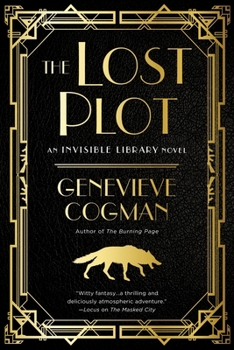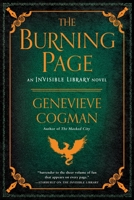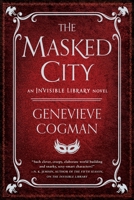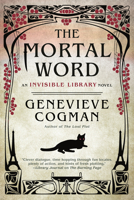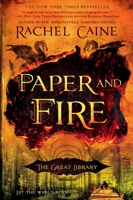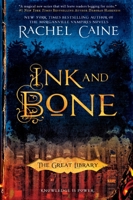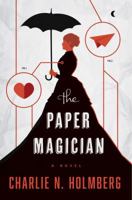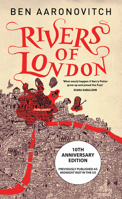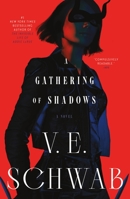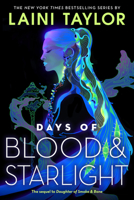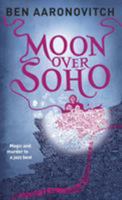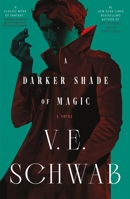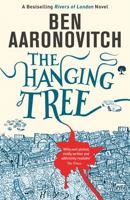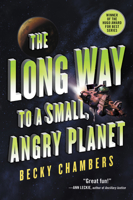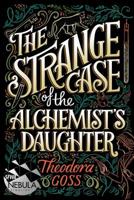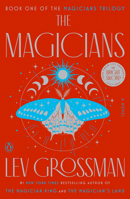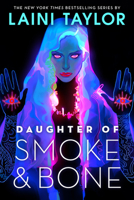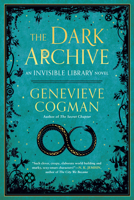You Might Also Enjoy
Book Overview
After being commissioned to find a rare book, Librarian Irene and her assistant, Kai, head to Prohibition-era New York and are thrust into the middle of a political fight with dragons, mobsters, and Fae in this novel in the Invisible Library series. In a 1920s-esque New York, Prohibition is in force; fedoras, flapper dresses, and tommy guns are in fashion: and intrigue is afoot. Intrepid Librarians Irene and Kai find themselves caught in the middle of a dragon political contest. It seems a young Librarian has become tangled in this conflict, and if they can't extricate him, there could be serious repercussions for the mysterious Library. And, as the balance of power across mighty factions hangs in the balance, this could even trigger war. Irene and Kai are locked in a race against time (and dragons) to procure a rare book. They'll face gangsters, blackmail, and the Library's own Internal Affairs department. And if it doesn't end well, it could have dire consequences on Irene's job. And, incidentally, on her life...
Format:Paperback
Language:English
ISBN:0307279278
ISBN13:9780307279279
Release Date:July 2010
Publisher:Vintage
Length:432 Pages
Weight:0.81 lbs.
Dimensions:1.0" x 5.2" x 8.1"
More by Carolyn Ketchum
Customer Reviews
7 customer ratings | 4 reviews
There are currently no reviews. Be the first to review this work.











